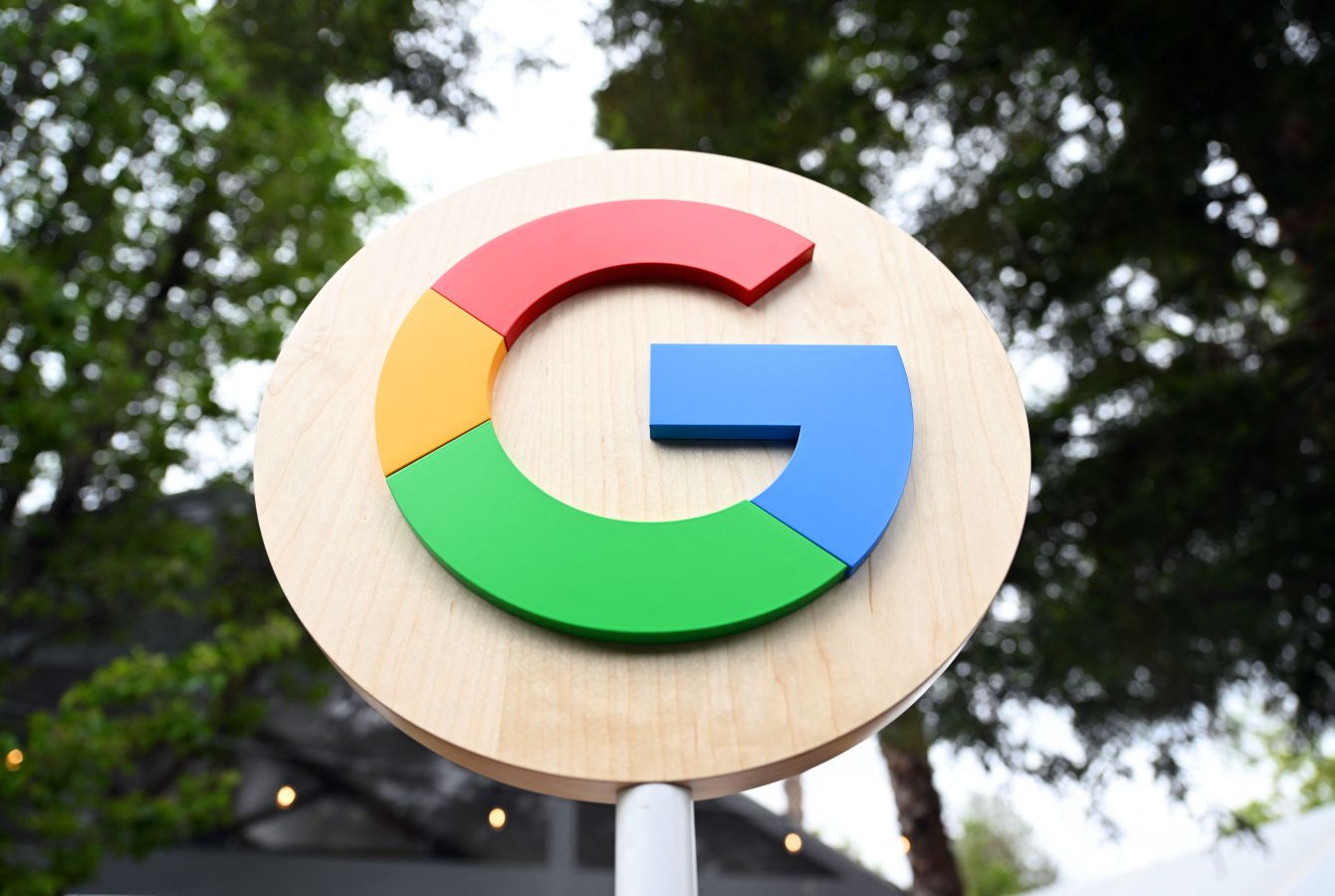
Google illegally acted as a search monopoly, judge rules in major case
The case against Google follows a string of antitrust suits targeting tech giants, including Meta and Apple.

The case against Google follows a string of antitrust suits targeting tech giants, including Meta and Apple.
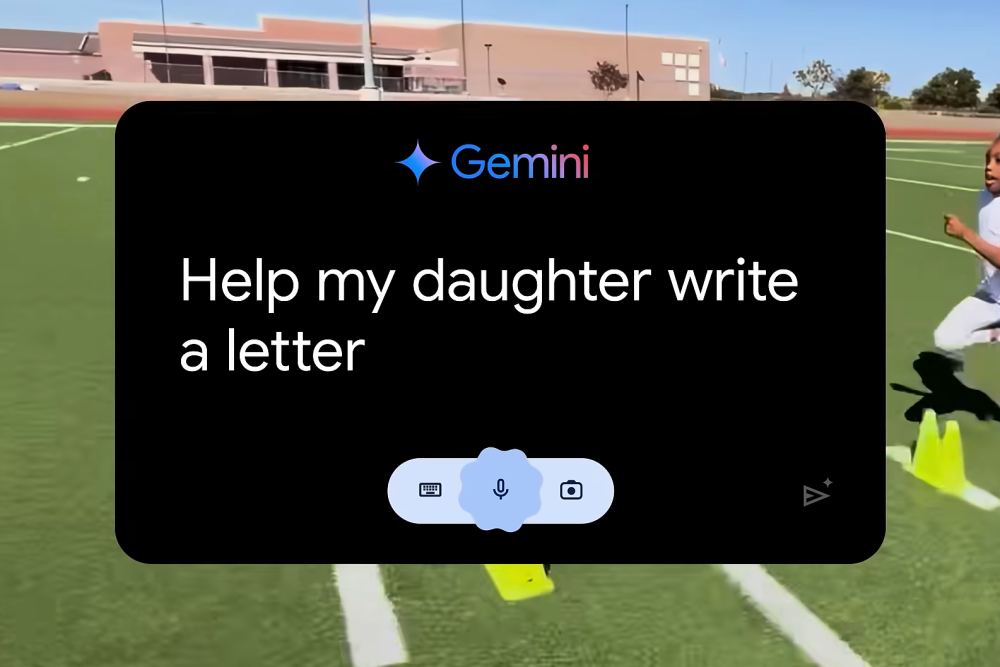
The ad, which sparked controversy from its first airing, features a father using Google’s Gemini AI tool to write a fan letter from his daughter to American hurdler Sydney McLaughlin-Levrone.
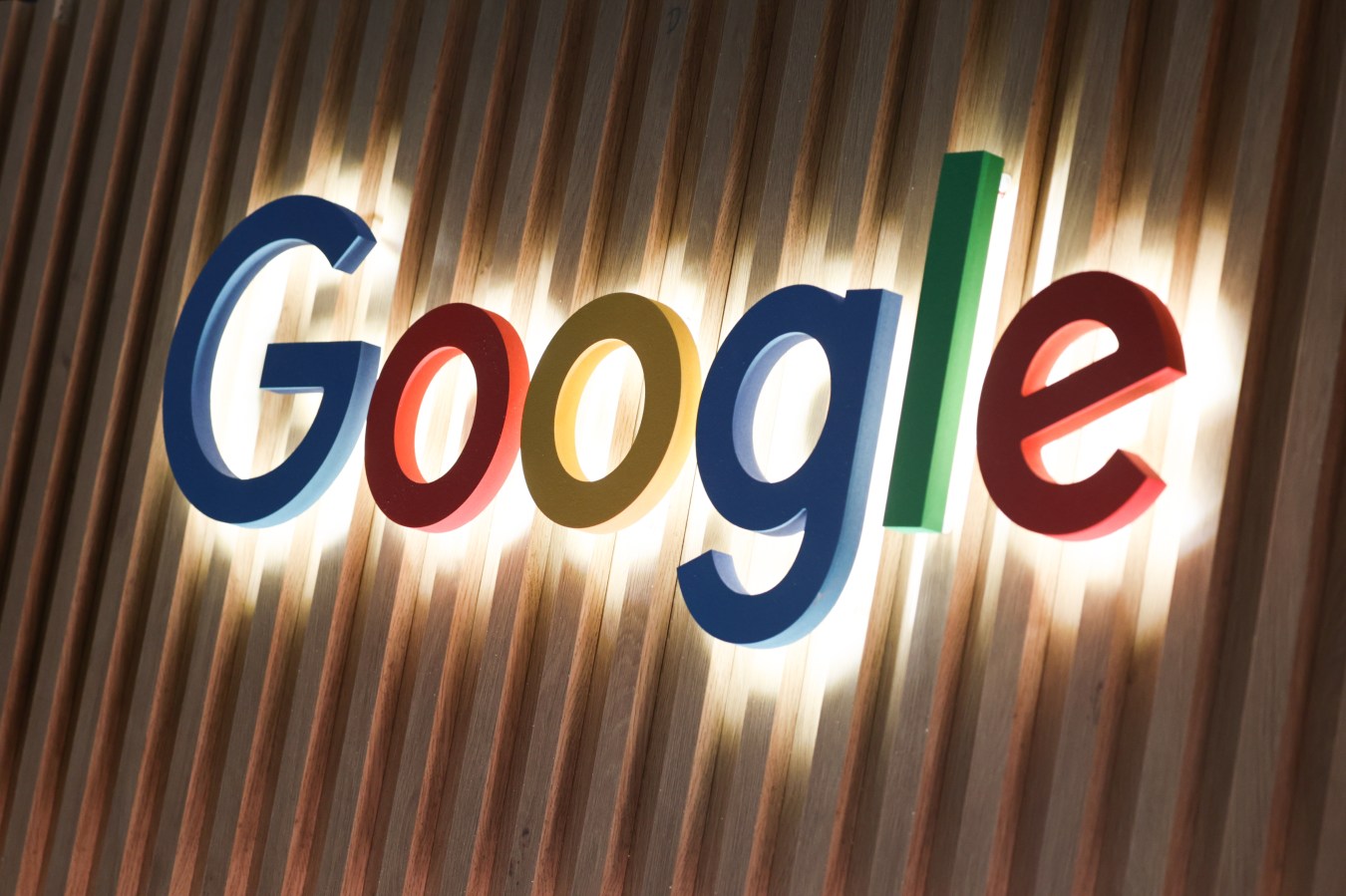
A tech advisory firm study estimates that AI will create $280 billion in economic benefit by 2030. Google is tapping into the demand with a new AI-first accelerator for Australian entrepreneurs.
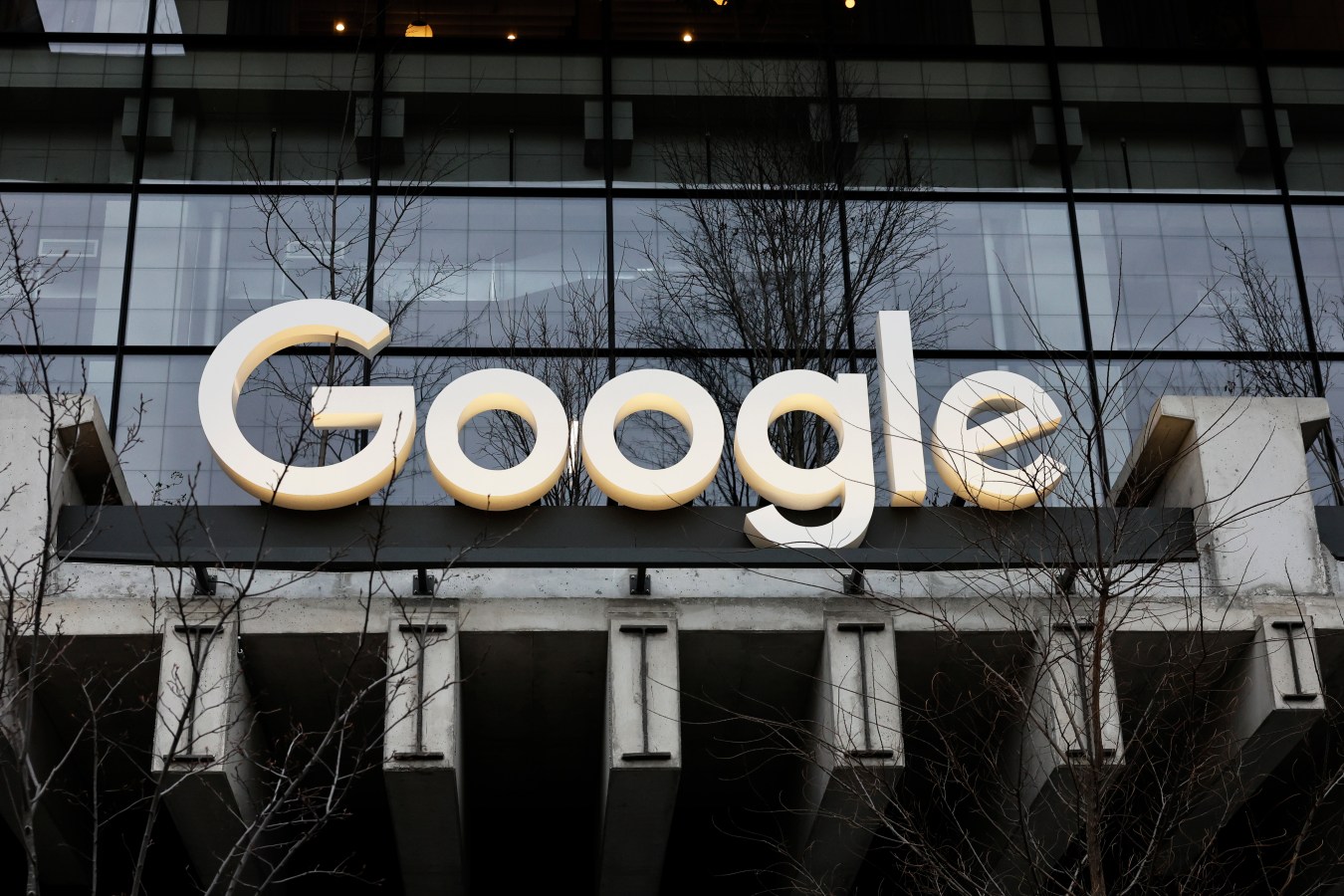
Keith Enright is leaving Google after 13 years as the tech giant restructures its privacy and compliance teams. Matthew Bye, director of competition law, is also departing.

Google defended its AI Overviews feature but said it would implement new safeguards after the tool told people to eat rocks and put glue on their pizzas and dismissed fake viral screenshots claiming it endorsed smoking for pregnant people.
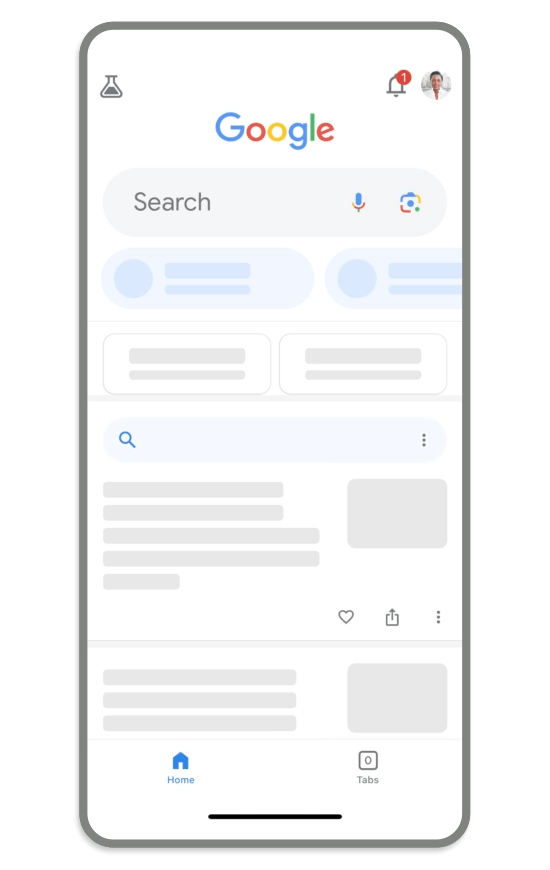
Google Australia’s new tool allows users to monitor search results for their phone number, home address, banking details, and email address. The initiative aims to prevent doxxing, financial fraud, and cybercrime.

Q1 was the company’s best-ever quarterly profit thanks to whopping 62% year-over-year growth.
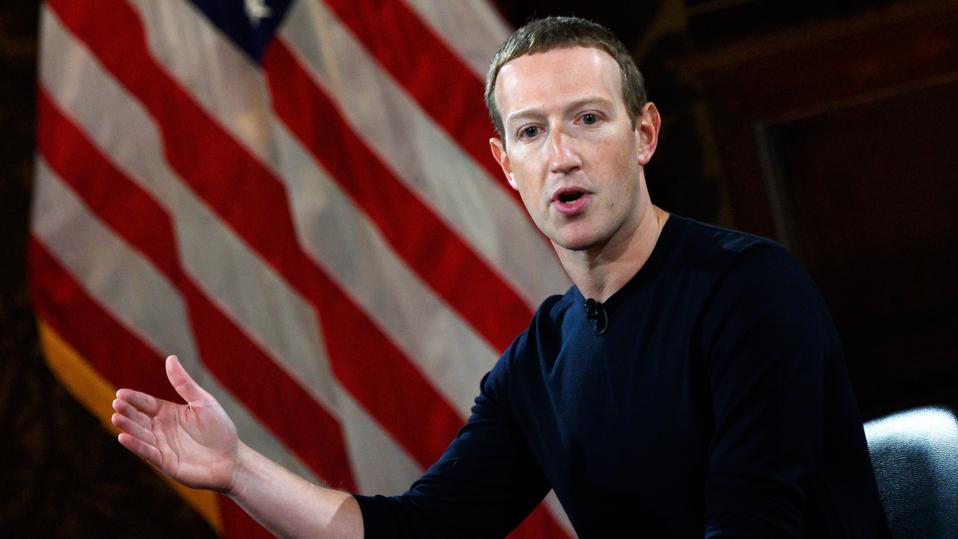
Unlike major competitors including Google’s Gemini and OpenAI’s ChatGPT, Meta’s Llama 3 model is open source and the AI assistant it powers has previously been locked inside the company’s app ecosystem, which includes Facebook and Instagram.
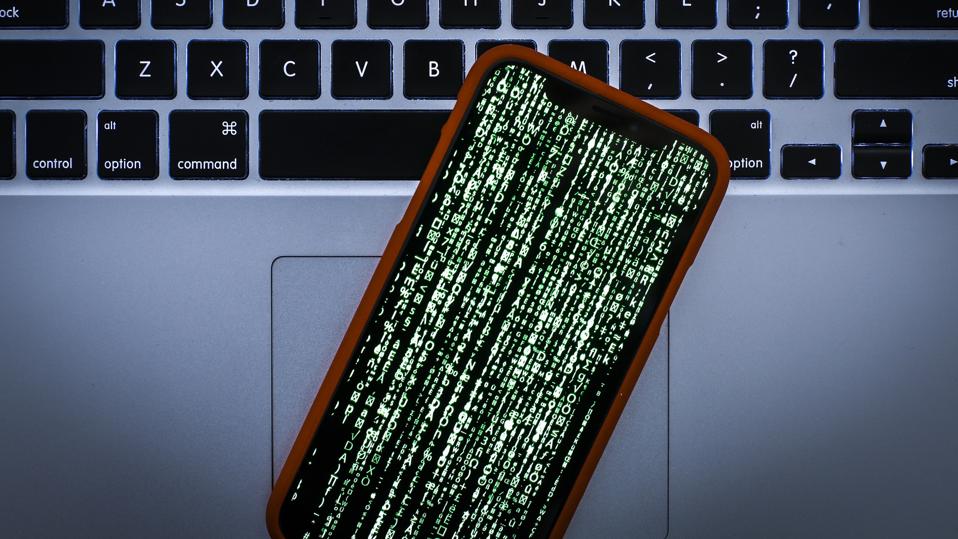
The latest notification comes several months after the iPhone maker warned opposition politicians in India of a potential cyber attack.

Google parent Alphabet registered its highest share price ever on Tuesday, as the search engine titan rides the artificial intelligence wave to a historic valuation.